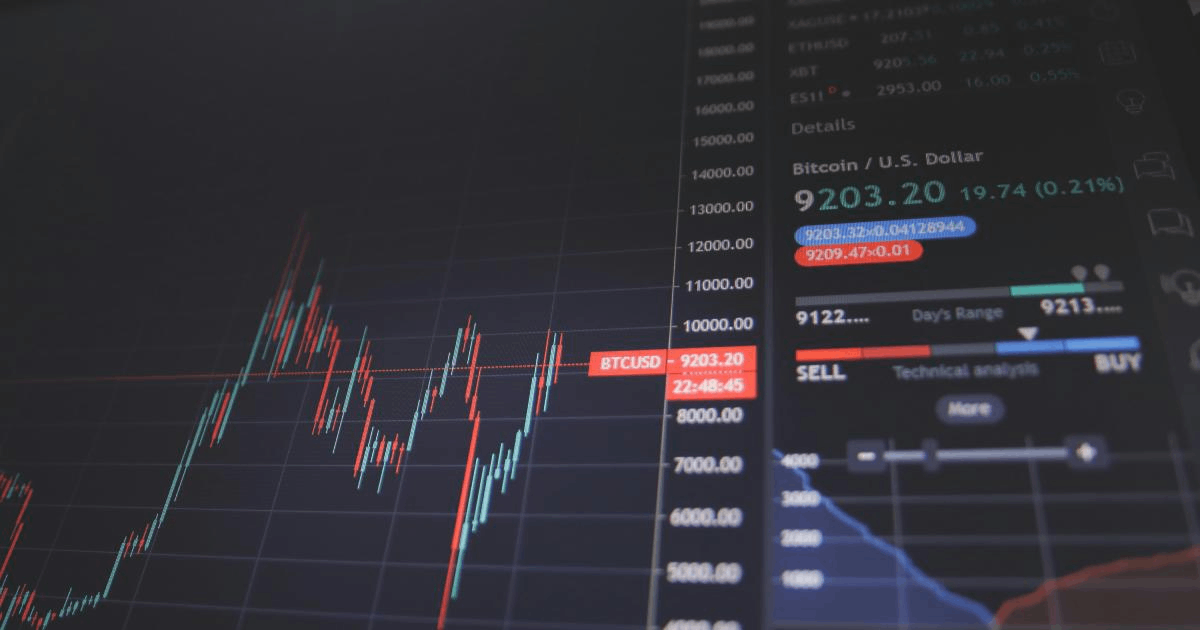
By Lawrence G. McMillan
It’s one thing when the media distorts facts, but it’s an entirely different matter when they try to change the definitions of mathematics. Mathematician Jacob Bernoulli quantified the principle of the Law Of Large Numbers. This “Law” basically means that a random distribution will converge to the mean if a large number of trials is observed.
For example, suppose you flip a fair coin 10 times and get 7 heads. Does that mean the probability of getting heads is 70%? No, of course not. We know it is 50%. But if you flip the coin 10,000 times, it is highly likely that the percentage of heads will be very close to 50%.
For some reason – probably a really good reason, like “it sounds nice” – the anchors on CNBC have come to use this term incorrectly. And now many of their guests are doing the same. Kudos to the Najarian brothers for recently pointing out that anchors are using the term incorrectly.
For example, here is what the CEO of Priceline (PCLN) had to say recently: “We’ve done a good job of building our business in high growth markets like Asia, but we are still subject to the law of large numbers, which means as the business gets bigger , the growth tends to slow down.” NO IT DOESN’T!!! That’s not what the Law Of Large Numbers means at all.
It has become almost routine for these bozos to throw the phrase “Law of Large Numbers” into the conversation whenever they are talking about a high-priced stock. That’s even worse than the PCLN CEO – at least he had a possible point. But just because Apple is selling over 500, are we supposed to think that it’s subject to some “law?”
The damage is spreading, too. A columnist in the New York Times, of all things, used the term incorrectly last week. The columnist, Jim Stewart, actually attributed the phrase to Bernoulli and gave the correct definition in that he stated “the law states that a variable will revert to the mean over a large sample of results.“ Then he said, “in the case of large companies, it suggests that high earnings growth and a rapid rise in share price will slow as those companies grow ever larger.” That last statement is debatable, although potentially logical, but it is not what the Law of Large Numbers means. He said himself it refers to a mean. What’s the “mean” price of Apple that it’s going to revert to?
Are they next going to try to change the meaning, say, of the Law Of Gravity? I suppose they could, for I have occasionally heard some analyst refer to a stock that has gone parabolic as being subject to laws of gravity (meaning, I guess, that it’s overbought and due for a pullback).
Seriously, CNBC, invent your own terms and leave the Laws of Mathematics alone.■
The Law of Large Numbers: An Editorial article was featured in The Option Strategist Newsletter Issue 21:05 (published 3/8/2012).
© 2023 The Option Strategist | McMillan Analysis Corporation

